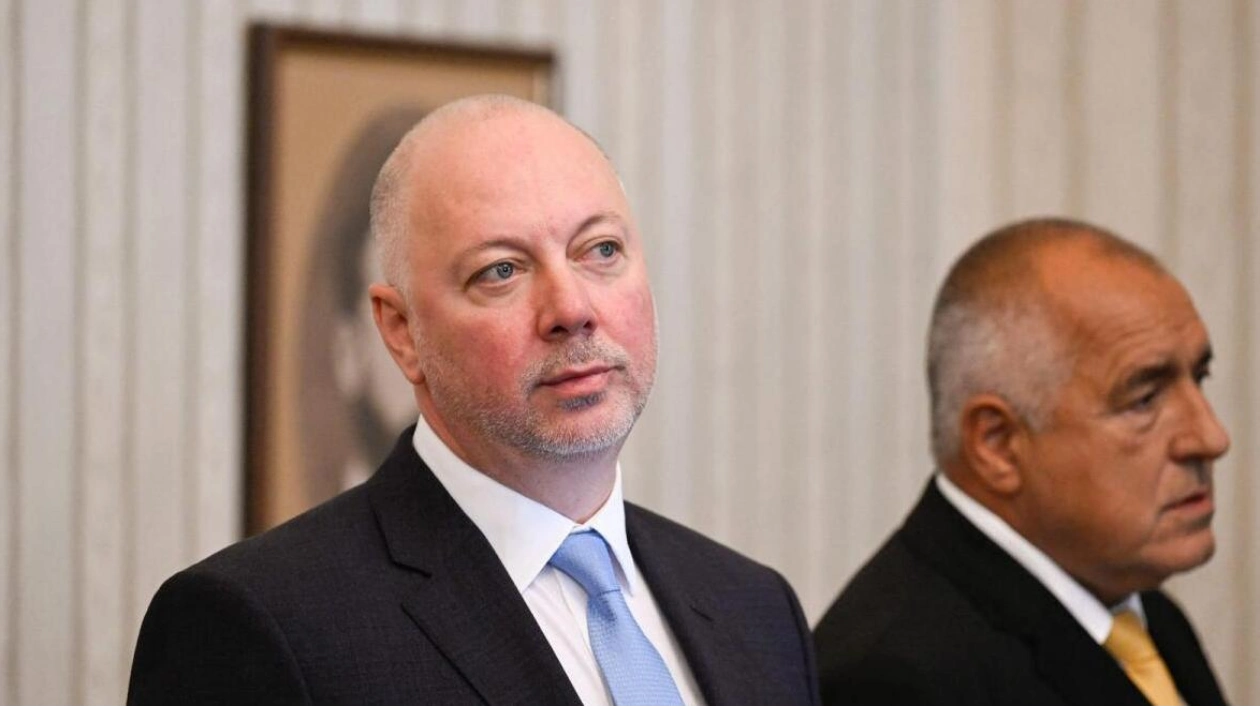On Monday, Bulgaria's President Rumen Radev entrusted the mandate to form a government to a minor party that secured the sixth position in the recent parliamentary elections. This marks the latest effort to establish a stable coalition after the previous inconclusive vote. The party in question, There Is Such a People (ITN), faces an uphill task, given the failures of larger parties like the center-right GERB and the reformist We Continue the Change (PP) to form a government. Should ITN fail, Bulgaria could be headed for its seventh parliamentary election since 2021.
Bulgaria, the poorest and one of the most corrupt members of the European Union, has struggled with unstable governments since 2020, when anti-corruption protests led to the downfall of a GERB-led coalition. ITN, which secured only 16 seats in the 240-seat parliament during the June 8 election, has been given no deadline to form a new government. "We fully understand the gravity of the crisis facing our country and the weight of this third mandate," stated Toshko Yordanov, leader of the ITN parliamentary group, upon receiving the mandate. "We will engage in discussions with all parliamentary parties, including independent deputies, and ensure the negotiation process is transparent and open to all," he added.
The June election was prompted by the March collapse of a coalition involving GERB and the PP party, which had dominated Bulgarian politics for over 15 years. GERB emerged as the leading party in the June vote, securing 68 seats, while the PP party won 39. Despite their shared pro-EU and pro-market stances, deep-seated personal rivalries and disagreements hinder their cooperation. Bulgaria urgently requires a stable and effective government to expedite the infusion of EU funds into its deteriorating infrastructure and to advance its goals of adopting the euro and participating fully in the EU's open-border Schengen area. Delays in meeting inflation targets have already postponed Bulgaria's plans to join the eurozone twice.






